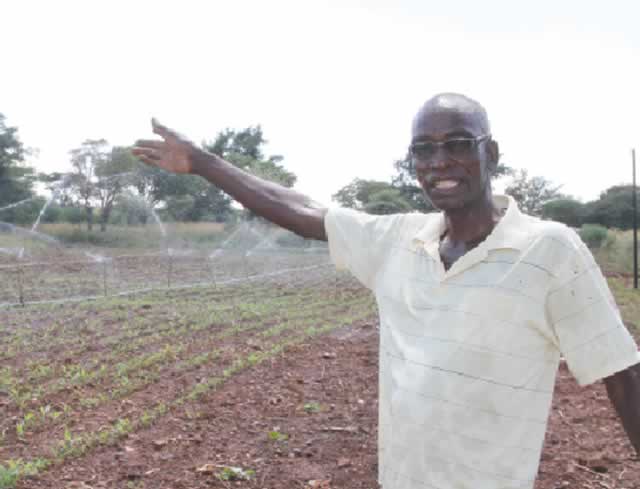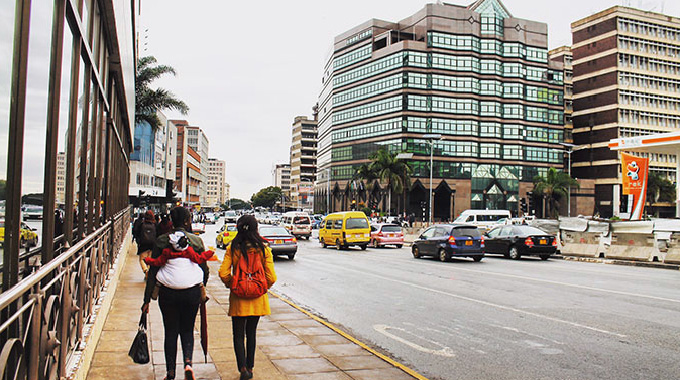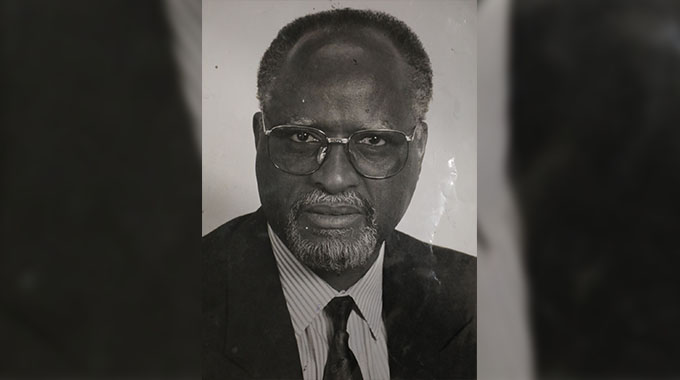Sherwood farmers not faring well

Yoliswa Dube recently in Sherwood
GEOFFREY “VaSimbi” Mudwapera had high hopes when he was allocated land in Sherwood Block, just a few kilometres out of Kwekwe, under the land reform programme.
Afterall, the area was an acclaimed breadbasket of the Midlands province and Mudwapera wanted to emulate, if not exceed, the previous white owner in terms of production.
However, lack of equipment has seen the farmer struggling on his 100 hectare farm.
VaSimbi, as he is popularly known, says he has resorted to subsistence farming as lack of farming implements and irrigation equipment have hindered progress at his farm.
“This year I didn’t cultivate anything because I had problems with my tractor which broke down. Worse still I had bought the tractor on credit and had to sell a few cows to pay off the debt.
“I asked someone else to farm on part of the land to keep it fertile but even they didn’t do very well as you can see,” he said.
VaSimbi was, however, quick to say things would not have been too bad if his tractor had not broken down.
“It’s not so bad. I could have done better were it not for my tractor which broke down,” he said.
Faith Zhou, who also has farming land in the area, said she too had turned to subsistence farming because she failed to meet expenses required to run a commercial enterprise.
“I am no longer concerned with commercial farming. I just cultivate enough to sustain my family because I can’t meet the expenses required to grow produce for sale.
“As you can see, I just planted some maize which has not done very well,” she said.
Zhou said despite the fact that they were failing to improve production, they needed to be taught more on how to manage large pieces of land.
“We also need to be taught how to manage these big pieces of land. It’s too much of a risk cultivating on the whole piece of land considering we might run at a loss,” she said.
Zhou lauded the government for having allocated them the land but said they needed help using the land to its maximum capacity.
“We still need to be guided here and there as well as be given the necessary tools to produce good harvests,” she said.
VaSimbi has 15 workers gainfully employed on his farm. In a good year, he supplies about 105 tonnes of maize to the Grain Marketing Board (GMB).
He also grows soya beans and sugar beans, which also go to the GMB.
VaSimbi said white farmers in the area were doing a better job than them, primarily because they had been doing it longer than them and had adequate farming implements.
“We still have a very long way to go. We need help with farming implements as well as some farming experience. It is important and necessary,” he said.
VaSimbi said farmers in the area had planted a variety of seed but a good harvest was not on the cards.
“People did cultivate but we are not expecting a good harvest because we don’t have adequate farming implements.
“If you ask the white farmers for help, you will not have good returns because they will charge you an arm and a leg for using some of their equipment, that’s why we are better off sticking to subsistence farming for now.
“The costs are just too high especially for the disc harrow. It is just too expensive. It would make better sense if we had our own equipment,” he said.
VaSimbi said plans were afoot to buy a planter as well as repair his broken down tractor in preparation for the next farming season. “I have already started preparing for the next farming season and my starting point will be buying a planter and having my tractor repaired. I already have a maize sheller, a reaper and a plough,” he said.
The farmer called on the government to assist new farmers with farming implements in order to restore the area to its breadbasket status.
“The government should assist with tractors and so forth. This will help this area go back to its breadbasket status,” he said.
VaSimbi bemoaned the lack of irrigation, which he cited as one of the major challenges saying the lack of it had aggravated their failure to produce a bumper harvest.
“Water, water, water! I can’t emphasize its importance enough. We really need an irrigation facility in order to improve our farming activities,” he said.
VaSimbi has started a “garden” in which he has planted sweet potatoes and rice.
He said he tried growing bananas but they did not make brisk business, abandoning the venture as a result.
On the brighter side, VaSimbi has been industrious enough to harness his own irrigation water from a makeshift “dam” that he says was a result of a water leakage from Sable Chemicals.
He draws water from the makeshift “dam” using a petrol pump.
“I have since learnt how to harness my own water using a petrol pump. I have already laid the irrigation pumps. The petrol pump is not expensive to run. It takes less than three minutes for the water to reach the irrigation pumps and 3 litres of petrol lasts about 2hr 30 minutes and by then the water reaching the crop would have been enough,” he said.
VaSimbi said he would use his new discovery of harnessing water on 10 hectares of his next crop as a starting point and see how it goes.
Innovation might be the only way with which these new farmers can forge ahead instead of waiting on the government to assist.
Midlands Minister of State for Provincial Affairs Cde Jason Machaya said the province did not have any specific plans to assist new farmers but there was a programme at national level which has since been suspended due to lack of funds.
“We don’t have a programme specifically for new farmers as the Midlands province but it was there at national level. However, the programme was suspended due to lack of funds.
“The best we can hope for is that these farmers utilise a portion of land they can manage rather than attempting to cultivate on the whole piece of land, which might become a waste,” he said.
Cde Machaya said it was unfortunate that banks were also facing liquidity challenges.
“It’s a national problem but as soon as the economy improves, I am sure progress on the farms will also improve. We need to empower our farmers in order to address food security issues.
“For now, we have liquidity challenges but I can assure you that as soon as they are addressed, we will see some meaningful development on our farms,” he said.
The High Court recently said beneficiaries of the land reform programme under-utilising their land could have their offer letters withdrawn to pave way for more deserving farmers.
Justice Nicholas Mathonsi made the remarks while confirming the withdrawal of an offer letter from Mutare businessman Fungai Chaeruka, and the subsequent re-allocation of the same land to the former owner Heather Guild.
Chaeruka lost the land after it came to the authorities’ attention that he was under-utilising 498 hectares of Lot 5, Mazonwe Farm in Mutare.
The court heard that Chaeruka was practising horticulture on less than one hectare, leaving more than 497 hectares idle.
Justice Mathonsi said under-utilisation of land was a breach of the conditions under which allocations were made under the land reform programme.
The land reform programme which started in 2000 corrected a colonial injustice that had been entrenched in the country for about a century.
Indigenous Zimbabweans were, for about 100 years, confined to barren land by successive settler regimes that ensured their kith and keen got vast tracts of prime land, some of which was still virgin at independence in 1980.
By 2011, more than 300,000 families had been allocated land under both A1 and A2 resettlement models.









Comments